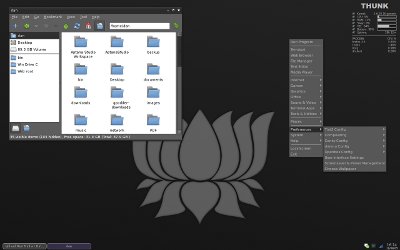Figured I’d take today and ramble on a little bit about tech developments lately, and some of my geekier interests over the last few days. But let me start off by saying: Dear Cardinals, thanks for winning at Soldier Field today! Great game. Now please never let Matt Leinart on the field again. Love, Dan.
So! The big news this week has been the leaked provisions of the secret copyright treaty that the Obama administration has been working on under the cover of “national security.” Cory Doctorow wrote about it back on Tuesday, describing it as “bad. Very bad.” Even skimming over its provisions made it pretty clear he wasn’t exaggerating. I had hoped it would stir up some controversy and perhaps blow over, but I don’t think that will happen. Among other things, it pretty much obliterates the “safe harbor” status of service providers and forces them into policing all content for copyright infringement. This would probably kill Youtube, Flickr, Blogger, Myspace, Facebook, and any other large content host overnight, as it would be impossible for them to make that happen without charging exorbitant rates for use of the service to hire a fleet of lawyers.
It would also require ISPs to deny accused (not convicted!) infringers access to the internet. That means that if one person in the household gets accused of sharing even a single downloaded song, regardless of if there was proof or if that person actually did it, that person’s entire household would be summarily cut off from the web. This flies in the face of justice as we know it, both in the process of establishing guilt and the principle of reasonable punishment. This treaty also includes a DMCA-style takedown notice provision, which has been an unmitigated disaster in every country it’s been tried. But Obama and the other supporters of this treaty want to make this a global law.
It’s another example of people who have no clue about the ramifications of what they are doing making laws about things they do not understand – or at least I hope it is, because if it is not, then the Obama administration and any other supporters of the treaty are openly declaring that they have no respect for the American values of justice or law, much less the Constitution. Unfortunately, it’s becoming less and less of a stretch to believe the latter case is true.
On a happier note, Ubuntu 9.10 is out and seems to be doing mostly okay. It has gotten a slightly better overall reaction than 9.04 did, and I anticipate that when the first wave of bugfixes come out it will be a really solid distro. What is really important, however, is that this means Crunchbang 9.10 will be out soon. And that, my friends, is worth celebrating. Go ahead, have a drink. Pretend it’s on me. In the meantime, here’s my current #! desktop (click to biggify):

Lastly, I still want a Google Voice invite. Anyone able to hook me up?
